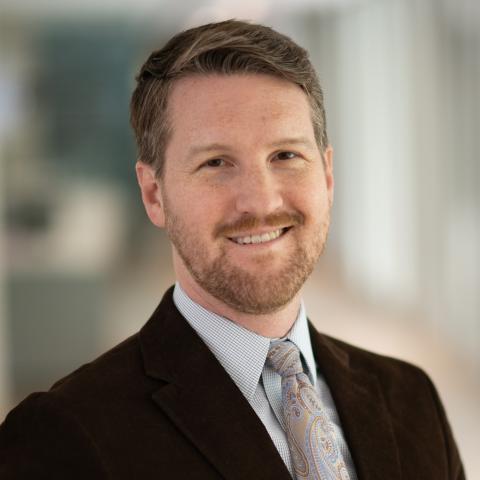In Japan’s July 20 House of Councillors election, the Liberal Democratic Party (LDP), the largest political party in Japan, and its coalition partner, Komeito, failed to secure a majority. This is the first time since the founding of the LDP that it has not held a majority in at least one of Japan’s legislative houses. With no clear ruling faction, Japanese political parties will need to build single-issue coalitions to pass legislation until the next national election, which could be as late as 2028.
Key Points
Prime Minister Shigeru Ishiba’s future looks uncertain. Many within Ishiba’s own LDP are looking for the prime minister to take responsibility for the loss and step down. Ishiba insists he needs to stay in office to deal with domestic issues and trade negotiations with the United States. President Donald Trump would likely prefer Ishiba to stay as the recently negotiated US-Japan trade deal takes effect.
Domestic issues persist. But Japan-US relations are on the horizon. The election mainly focused on domestic issues, so foreign policy was not a major factor. Still, some voters were dissatisfied that the Ishiba administration had not negotiated an early trade deal with Trump. While Ishiba has since secured a deal, it is unclear whether this will help him politically. The next round of US-Japan negotiations will likely focus on increasing Tokyo’s defense spending, a key issue for Washington that is politically fraught among the Japanese electorate.
New coalitions will form. The LDP-Komeito coalition still has a plurality in Japan’s parliament. But it lacks a majority in either house, so it will have to attract new partners. This gives smaller parties leverage over the coalition. The LDP and Komeito may be forced to make concessions on other parties’ legislative or budgeting priorities. This may affect US-Japan negotiations on issues like defense and trade.



















